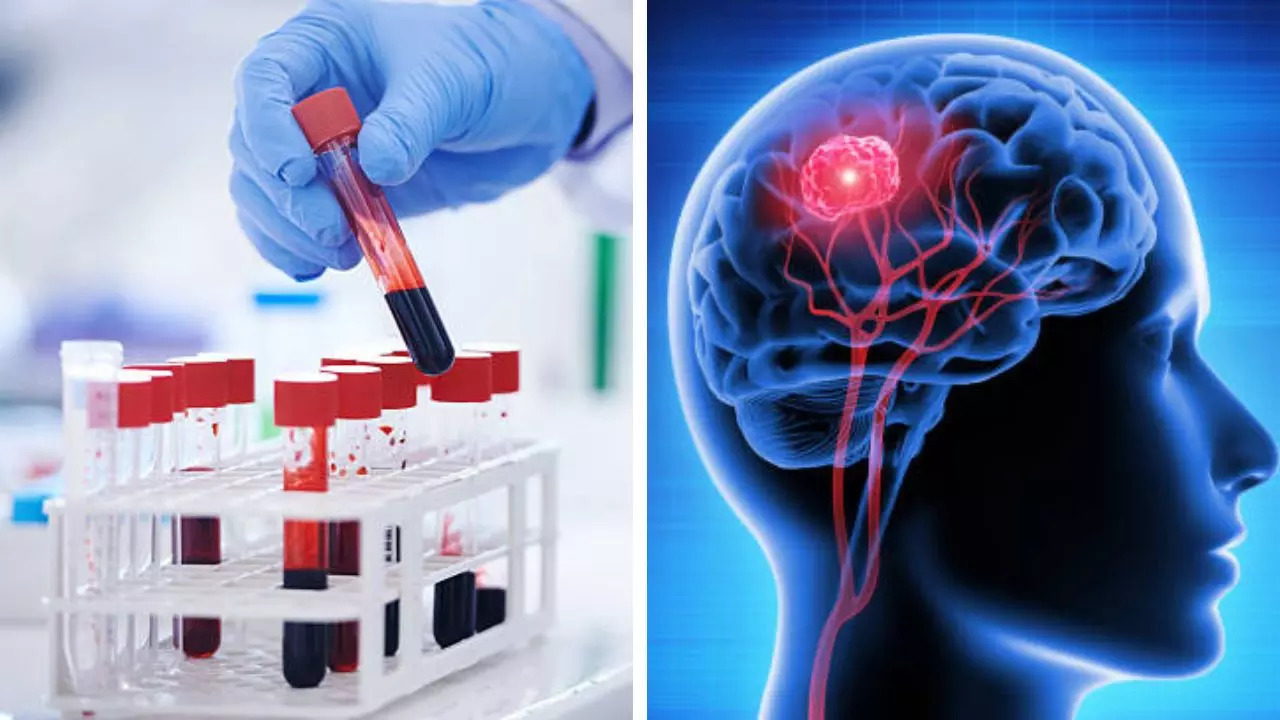The method outperforms all other existing tests and markers for glioblastoma with excellent accuracy.
Scientists have made a breakthrough in detecting brain cancer with a faster and less invasive method than surgical biopsy. A new method using just 100 microlitres of blood to perform a novel “liquid biopsy” delivers results within an hour by detecting biomarkers associated with glioblastoma, the most common and deadly type of brain tumour.
The method outperforms all other existing tests and markers for glioblastoma with excellent accuracy. The prototype’s developers, scientists at the University of Notre Dame in the US, claim it has “almost turnkey functionality.” The method, devised in collaboration with Australian scientists, is still in its early stages, but this proof of concept marks a major step forward in brain cancer diagnosis.
According to scientists, the average glioblastoma patient survives only 12 to 18 months after diagnosis.
How does the blood test work??
Scientists say the test relies on detecting mutated blood biomarkers, known as epidermal growth factor receptors, or EGFRs, which are overexpressed in certain types of cancer. These blood biomarkers are found inside extracellular vesicles, tiny packages loaded with proteins, lipids and genetic material from their original cells.
“Extracellular vesicles, or exosomes, are nanoparticles secreted by cells that are significantly larger than molecules and weakly charged. Our technology is specifically designed to take advantage of these properties,” said Hsueh-Chia Chang, Bayer Professor of Chemical and Biomolecular Engineering at Notre Dame and senior author of the study, published in the journal Communications Biology.
What were the challenges the team faced?
The research team said they had two challenges: distinguishing active from inactive EGFRs and ensuring their diagnostic tools were accurate.
They overcame the hurdles by creating a small, affordable electrokinetic sensor, which works by forming multiple connections with particles in blood samples, making it more sensitive and accurate. It uses tiny synthetic particles to detect active EGFRs, which cause a voltage change, indicating the presence of glioblastoma.
“Our sensor allows us to load blood samples directly without pretreatment,” offering higher sensitivity and lower noise compared to other technologies,” said Satyajyoti Senapati, co-author of the study.
Cheaper price for easy availability and use.
The researchers said the device, which has three components (an automation interface, a wearable prototype machine and the biochip), costs less than $2 (Rs 168) in terms of material.
Although it was developed for glioblastoma, researchers believe the technology can be adapted to detect biomarkers in other diseases, including pancreatic cancer, cardiovascular disease, dementia and epilepsy. “Our technique is particularly well suited for glioblastoma because of its lethality and lack of early detection tests, but we hope this technology will lead to earlier detection and improved survival rates,” Chang said.
Disclaimer:
The information contained in this post is for general information purposes only. We make no representations or warranties of any kind, express or implied, about the completeness, accuracy, reliability, suitability or availability with respect to the website or the information, products, services, or related graphics contained on the post for any purpose.
We respect the intellectual property rights of content creators. If you are the owner of any material featured on our website and have concerns about its use, please contact us. We are committed to addressing any copyright issues promptly and will remove any material within 2 days of receiving a request from the rightful owner.

